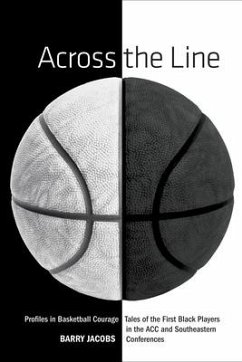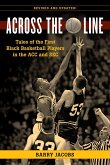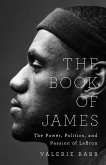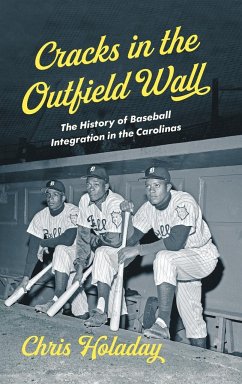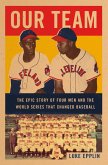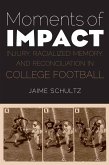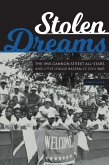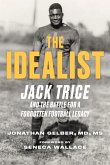Perry Wallace feared he would be shot when he stepped onto a basketball court in a Vanderbilt uniform. Georgia's Ronnie Hogue jumped atop a press table, swinging a chair in self-defense, as a menacing crowd approached following a road game. Craig Noble joined other threatened black students in a rare, en masse flight from the Clemson campus. Maryland's Pete Johnson seethed when a teammate used a racial epithet in a supervised workout and his coaches let it pass. C. B. Claiborne could not attend the Duke team banquet his freshman year because it was held at a white country club.Collis Temple, whose father carried a pistol for protection against marauding whites in rural Louisiana, scuffled with an opposing player each season he played at LSU. Wendell Hudson's mother cried when the Birmingham native, whose family routinely hit the deck each time racists' bombs exploded in their neighborhood, decided to become the first black athlete at the University of Alabama. Al Heartley and other black students locked themselves in a campus dorm at North Carolina State, fearing the actions of an unruly white crowd the night Martin Luther King was assassinated.Across the Line recounts the experiences of the pioneering African-American basketball players at eighteen schools in the Atlantic Coast and Southeastern Conferences, the South's most prominent, historically white intercollegiate leagues. Set within the context of the tumultuous 1960s and early 1970s, grounded in the civil rights struggles on campus and within the larger community, and enriched by the viewpoint of players, relatives, coaches, teammates, opponents, and other observers, this book tells an important and long-neglected story combining race, sports, and social history.
Hinweis: Dieser Artikel kann nur an eine deutsche Lieferadresse ausgeliefert werden.
Hinweis: Dieser Artikel kann nur an eine deutsche Lieferadresse ausgeliefert werden.

